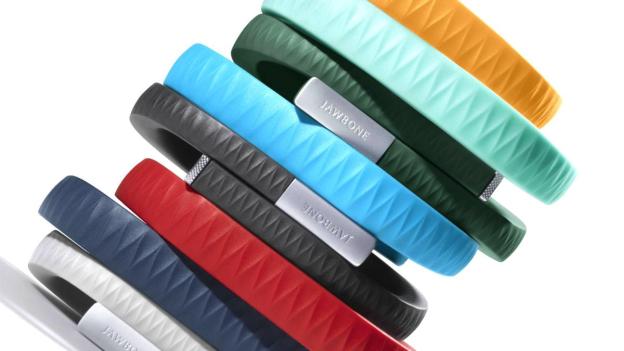
By now, most of us are familiar with the Jawbone line of products. It started with a series of wireless headsets, then made waves with the Jambox, a stylish, portable wireless speaker that pumps out amazing quality sound, and branched out even more to introduce Bluetooth earpieces. Its latest product, the UP wristband, actively tracks sleep patterns and movement, and also allows users to add meals and mood, among other things, to keep track of health and fitness.
But now, according to TechCrunch, Jawbone has announced that its going to open its UP platform and will be introducing an open API in the near future.
What is the significance of this? It means that, beyond the tracking that comes with the gadget, once the 2.5 update for iOS is released, other health-centric apps – like Lose It!, MapMyFitness, MyFitnessPal, and Sleepio, and more – can be synced together to give users a much broader sense of their overall health, from multiple sources, all visible from your UP stream.
What’s even more is that you can also reverse integrate the information, and feed your UP data into the partner apps to give a much fuller experience in all of those as well.
“We spent a lot of time sitting with developers, looking at what they can enable, what their data structure was, how to pull their experience back into UP, how you really create robustness around them, how to build APIs that work dependably and how we can make sure users can get this stuff,” said Jawbone CEO Hosain Rahman.
At first, Jawbone is just introducing this open concept to a handful of partners, like those mentioned above, but soon it plans to open its API up for any developer looking to create a Jawbone-integrated app of their own.
Jawbone UP retails for $130 and comes in three different sizes. There’s no word yet as to when, or if, this integration will be introduced to Android devices.
Editors' Recommendations
- The best health and fitness apps for iPhone in 2023: 18 best ones
- Every app and website that works with Passkeys on your iPhone/iPad
- Pikmin Bloom is more a Nintendo fitness app than a video game
- The best work-from-home apps for Android and iOS
- The best weightlifting apps for Android and iOS


